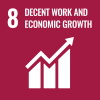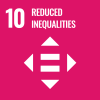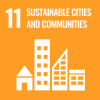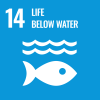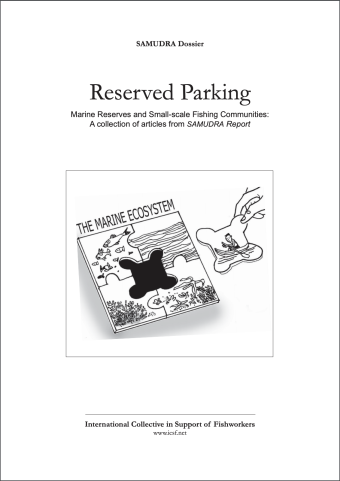
Most MPAs are located in coastal areas of great biodiversity, and hence their development has direct impacts on the lives and livelihoods of coastal communities, especially small-scale and traditional fishing communities. Typically, they are the ones who have to bear the costs of conservation practices–lost livelihood options, expulsion from traditional fishing grounds and living spaces, and violation of human/community rights, to name a few. The articles in this dossier, drawn chronologically from the pages of SAMUDRA Report, the triannual publication of ICSF, draw attention to these issues. They show that conservation and livelihoods are closely intertwined, and that top-down, non-participatory models of conservation can be counterproductive. Despite being poor and powerless, fishing and coastal communities can be powerful allies in conservation efforts, given their longstanding dependence on natural resources and their traditional ecological knowledge systems. As the examples in this dossier reveal, it is possible for fishing communities to protect and conserve the environment, while continuing with sustainable fishing operations. Clearly, only an integrated approach to fisheries management and conservation will prove successful. This dossier will be useful for policymakers, social scientists, non-governmental organizations and others interested in fisheries, conservation, communities and livelihoods.



